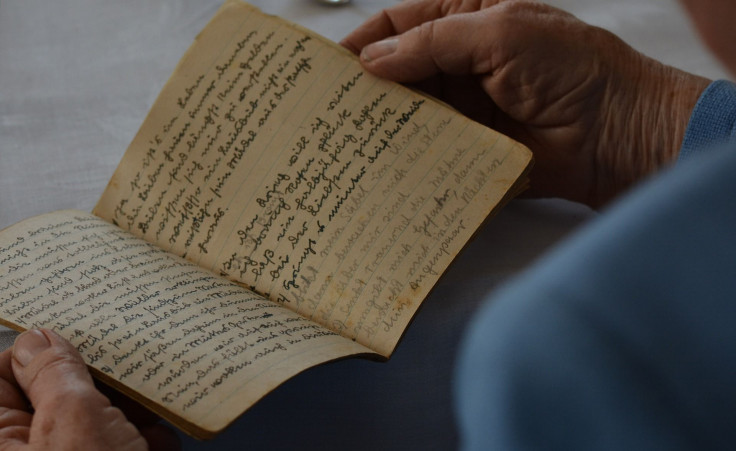Memory And Brain Function: Brain Anatomy May Predict The Way You Recall Events

People tend to remember life events in different ways: Some remember rich, detailed accounts of things that have happened to them (episodic memory), while some tend to recall more facts than details (semantic memory). Now, a research team from the Rotman Research Institute at Baycrest Health Sciences in Canada is determined to find out why.
The study, published in the journal Cortex, is the first to associate different brain connectivity patterns with different memory styles. Not only that, but researchers suggest these connectivity patterns may be inherent to the individual and suggest a lifelong trait. "For decades, nearly all research on memory and brain function has treated people as the same, averaging across individuals," said lead investigator Dr. Signy Sheldon, an assistant professor of Psychology at McGill University, in a press release.
Sheldon continued: "Yet as we know from experience and from comparing our recollection to others, peoples' memory traits vary. Our study shows that these memory traits correspond to stable differences in brain function, even when we are not asking people to perform memory tasks while in the scanner."
The study asked 66 healthy adults to complete an online questionnaire, called the Survey of Autobiographical memory (SAM), to determine how well they remember events and facts from their own lives; their answers determined their particular memory style, from Highly Superior Autobiographical Memory (HSAM) to Severely Deficient Autobiographical Memory (SDAM). The scientists were able to take advantage of this range and study the variations in autobiographical memory.
After the survey, participants underwent a brain scan (fMRI) that mapped patterns of brain connectivity across different regions and structures. The medial temporal lobes are widely-believed to be crucially involved in memory function, so researchers focused on connections between this area and other regions of the brain. They saw that participants who endorsed very detailed autobiographical memories had higher medial temporal lobe connectivity to regions of the brain involved in visual processes. Those who recalled the past in a more factual manner, however, showed higher medial temporal lobe connectivity to areas involved in organization and reasoning, which are located at the front of the brain.
The findings raise many questions for the cognitive science community, including if some memory traits are found to be protective, could it delay the onset of age-related cognitive decline later in life?
"With aging and early dementia, one of the first things that people notice is difficulty retrieving the details of events," said senior study author Dr. Brian Levine, a senior scientist at Rotman and professor of psychology at the University of Toronto. "Yet no one has looked at how this relates to memory traits. People who are used to retrieving more richly-detailed memories may be very sensitive to subtle memory changes as they age, whereas those who rely on a factual approach may prove to be more resistant to such changes."
The study's findings may open doors to new possibilities for treatment of memory issues later in life, Levine added. Follow-up studies are currently underway, looking into the relationship between memory traits and personality, psychiatric conditions, performance on other cognitive measures, as well as genetics.
Source: Sheldon S, Farb N, Palombo D, Levine B. intrinsic medial temporal lobe connectivity relates to individual differences in episodic autobiographical remembering. Cortex. 2015.



























